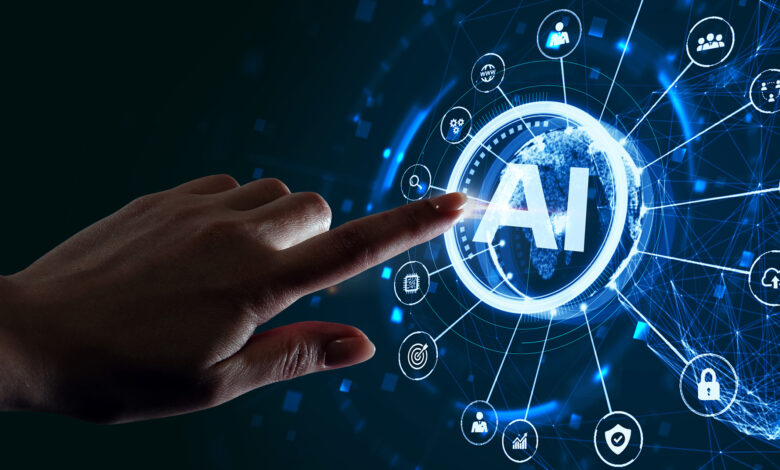The Ethics of Artificial Intelligence: Exploring the Impact of AI on Society

Artificial intelligence (AI) has become increasingly integrated into our daily lives, from virtual assistants like Siri and Alexa to self-driving cars and personalized advertising. While AI offers many benefits and advancements, it also raises important ethical concerns.
One concern is the potential for AI to perpetuate and amplify societal biases. AI algorithms are only as unbiased as the data they are trained on, and if that data reflects societal biases, the AI will learn and perpetuate those biases. This can lead to unfair treatment of marginalized groups, such as biased hiring or loan approval processes.
Another ethical concern is the potential loss of jobs due to automation. As AI becomes more capable of performing tasks traditionally done by humans, there is a risk that many people may be left without work. This could exacerbate existing inequalities and lead to social unrest.
Additionally, there are concerns about the use of AI in surveillance and the potential for governments or corporations to misuse AI to violate privacy rights. AI-powered surveillance systems could be used to track individuals and suppress dissent.
Finally, there are ethical concerns around the development and deployment of lethal autonomous weapons systems. The use of AI in weapons systems raises questions about accountability and the potential for unintended consequences.
To address these ethical concerns, it is important for developers and policymakers to prioritize transparency, accountability, and the protection of human rights in the development and deployment of AI. This includes ensuring that AI is trained on diverse and representative data, promoting education and retraining programs for workers who may be impacted by automation, and implementing strong privacy protections and regulations around AI-powered surveillance systems.
Overall, as AI continues to shape our society, it is crucial that we approach its development and deployment with a strong ethical framework that prioritizes the well-being of all members of society.
In addition to these concerns, there are also ethical considerations around the use of AI in decision-making processes. As AI algorithms become more advanced and are used to make important decisions, there is a risk that human accountability may be diminished. For example, if an AI algorithm is used to make decisions about parole or bail, it could perpetuate biases and have serious consequences for individuals.
It is important to ensure that AI is used as a tool to augment human decision-making, rather than replace it entirely. This means that human oversight and accountability should be built into the development and deployment of AI systems.
Another important consideration is the potential for AI to have unintended consequences. As AI systems become more complex and are used in more areas of society, it becomes increasingly difficult to predict how they will behave in different contexts. This means that there is a risk of unintended consequences, such as the proliferation of fake news or the spread of harmful content.
To address these concerns, it is important to prioritize research into the potential risks and unintended consequences of AI. This includes developing robust testing and evaluation frameworks, as well as promoting interdisciplinary collaboration between researchers and policymakers.
Overall, the ethical considerations around AI are complex and multifaceted. As AI continues to transform our society, it is important that we approach its development and deployment with a strong ethical framework that prioritizes transparency, accountability, and the protection of human rights. By doing so, we can ensure that AI is used to benefit society as a whole, rather than perpetuate existing inequalities and biases.


